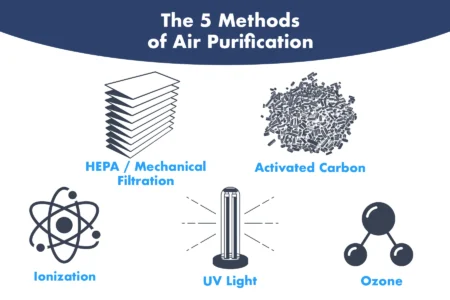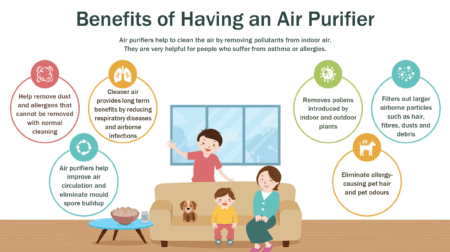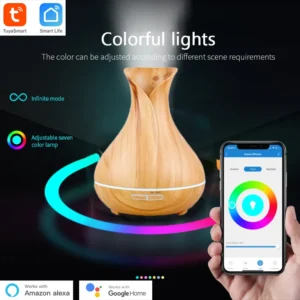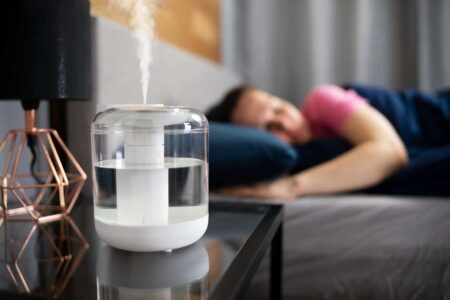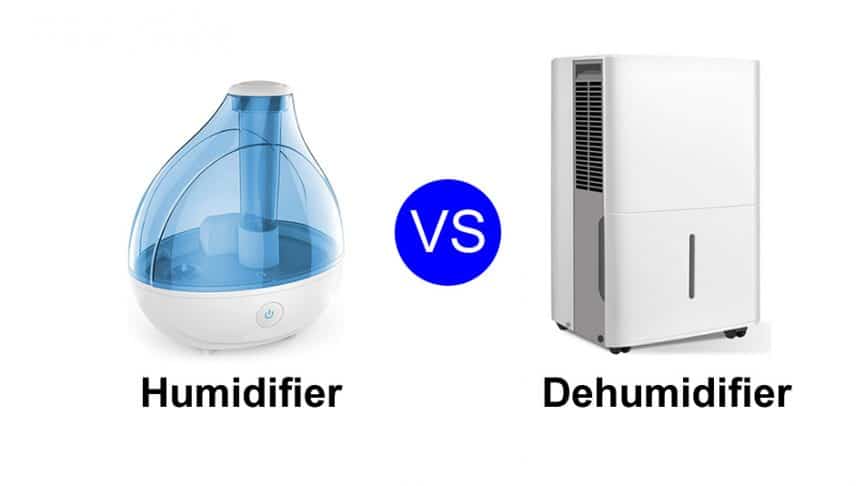

Humidifiers vs. Dehumidifiers: Understanding the Differences and Determining Your Needs
Discover the distinctions between humidifiers and dehumidifiers, and learn which one is right for you. Explore the benefits, functions, and considerations of each device to improve indoor air quality and create a comfortable living environment.
Introduction:
When it comes to maintaining optimal indoor air quality, humidity plays a crucial role. However, achieving the right level of humidity can be challenging, especially in environments that are either too dry or excessively damp. This is where humidifiers and dehumidifiers come into the picture. In this article, we will explore the differences between these two devices, their benefits, functions, and provide insights to help you determine which one is best suited for your needs.
Humidifiers:
Moisture Enhancers Humidifiers are designed to increase the moisture content in the air, making it more comfortable and beneficial for your health. They work by releasing moisture, typically in the form of a cool mist or warm steam, into the surrounding environment. Humidifiers are particularly useful in dry climates or during the winter months when indoor heating systems tend to deplete moisture levels. They can alleviate dry skin, chapped lips, and respiratory issues caused by excessively dry air. you can choose the right humidifier according to your desires.
Dehumidifiers:
Moisture Extractors On the other hand, dehumidifiers are specifically engineered to reduce excess moisture in the air. These devices are ideal for environments with high humidity levels, such as basements or areas prone to moisture accumulation. Dehumidifiers work by drawing in the humid air, removing the moisture from it, and releasing drier air back into the room. They help prevent mold growth, control allergens, and create a more comfortable living space in humid climates.
Factors to Consider:
Determining whether you need a humidifier or a dehumidifier depends on several factors. Consider the following aspects to make an informed decision:
- Climate: Assess the climate in your area. If you live in a dry climate or experience dry winters, a humidifier can add moisture to the air. Conversely, if you reside in a humid region, a dehumidifier can help maintain a more comfortable humidity level.
- Health Conditions: Consider any existing health conditions. Individuals with respiratory issues, allergies, or dry skin may benefit from a humidifier, while those prone to mold allergies or with asthma may find a dehumidifier more beneficial.
- Home Environment: Evaluate the specific areas in your home. Basements, bathrooms, and laundry rooms are often susceptible to excess moisture and may require a dehumidifier. Bedrooms or living areas with dry air can benefit from a humidifier.
Combination Units and Maintenance:
In some cases, combination units are available that offer both humidification and dehumidification functions. These versatile devices provide flexibility to adjust the humidity levels as per your needs. Additionally, it’s crucial to note that regular maintenance, such as cleaning and replacing filters, is essential for optimal performance and to avoid potential issues.
Conclusion:
Humidifiers and dehumidifiers serve distinct purposes in improving indoor air quality and creating a comfortable living environment. Understanding their differences and considering factors such as climate, health conditions, and home environment will help you choose the right device. Whether you require added moisture or need to reduce excessive humidity, both humidifiers and dehumidifiers can contribute to a healthier and more enjoyable living space.


